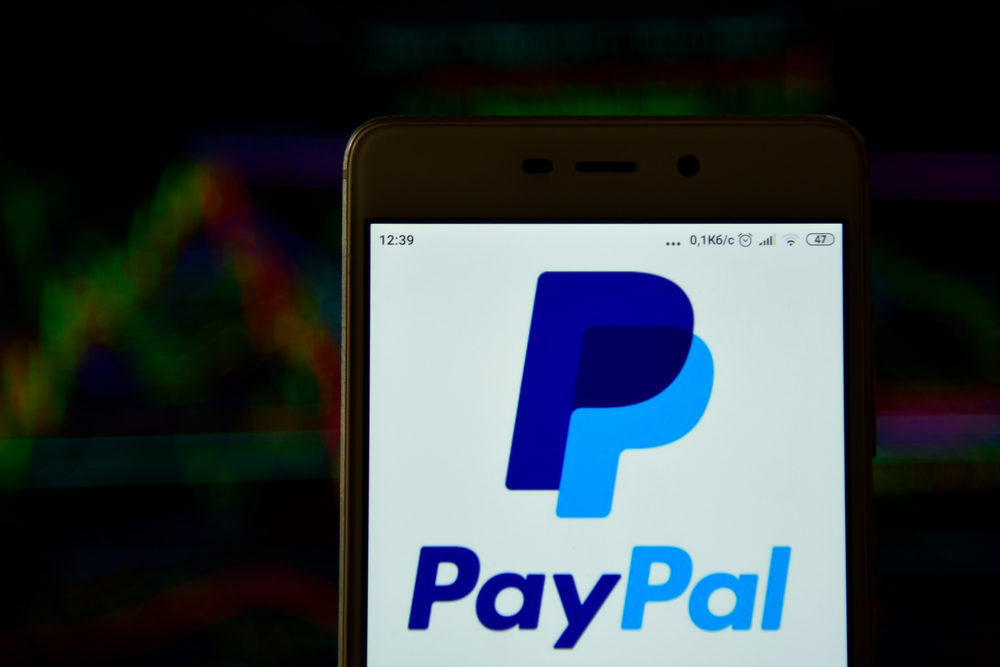Category: STRIPE
-
How to Secure Your Career as a Business Coach with a Merchant Account
There’s no doubt that business coaching is a lucrative career. It’s a service that reaches any and all business types. From startups looking for help on maximizing growth to established businesses seeking assistant with staying relevant, there’s always a market. As the world moves furthering into remote and online-only experiences, having an online storefront for…
Written by

-
Why You Should Consider PayPal Alternatives For Your Store Checkout
On the surface, PayPal is an easy option for both users and merchants. It’s a service that everyone around the world is familiar with. It pioneered the idea of using a third-party service as an e-commerce checkout for added security and ease-of-use. But the service is not as simple as it seems, especially for e-commerce…
Written by

-
Payment Aggregators: Why Services Like Stripe Are A Ticking Time Bomb!
Stripe, PayPal, and Square are all examples of payment aggregators. Some online merchants think are signing up for a simple solution when they join these platforms. But they couldn’t be more wrong. Payment aggregators can be a ticking time bomb for your business! Many merchants sign up for these services without realizing the risks associated…
Written by

-
FAQ Friday: Stripe Stops Processing Payments for Trump Campaign, Is My High-Risk Business Next?
In what has been a tumultuous few weeks in the US, there is a story developing that isn’t getting as much attention as it perhaps should. In the midst of record coronavirus pandemic-related deaths, social media expulsions, and impeachment debates, not much reporting has been undertaken on Stripe’s actions. Their decision (which was later matched…
Written by

-
Stripe Account Suspended? Here’s Why You Should Always Have a Back-Up Plan!
We’ve seen it so many times. On almost a weekly basis, we have clients emailing us desperate pleas such as “Help! My Stripe account was suspended! What Do I Do Now?!” Every day that passes sees another online business being flipped upside down by suddenly losing its payment processing abilities. Click here to start accepting…
Written by
